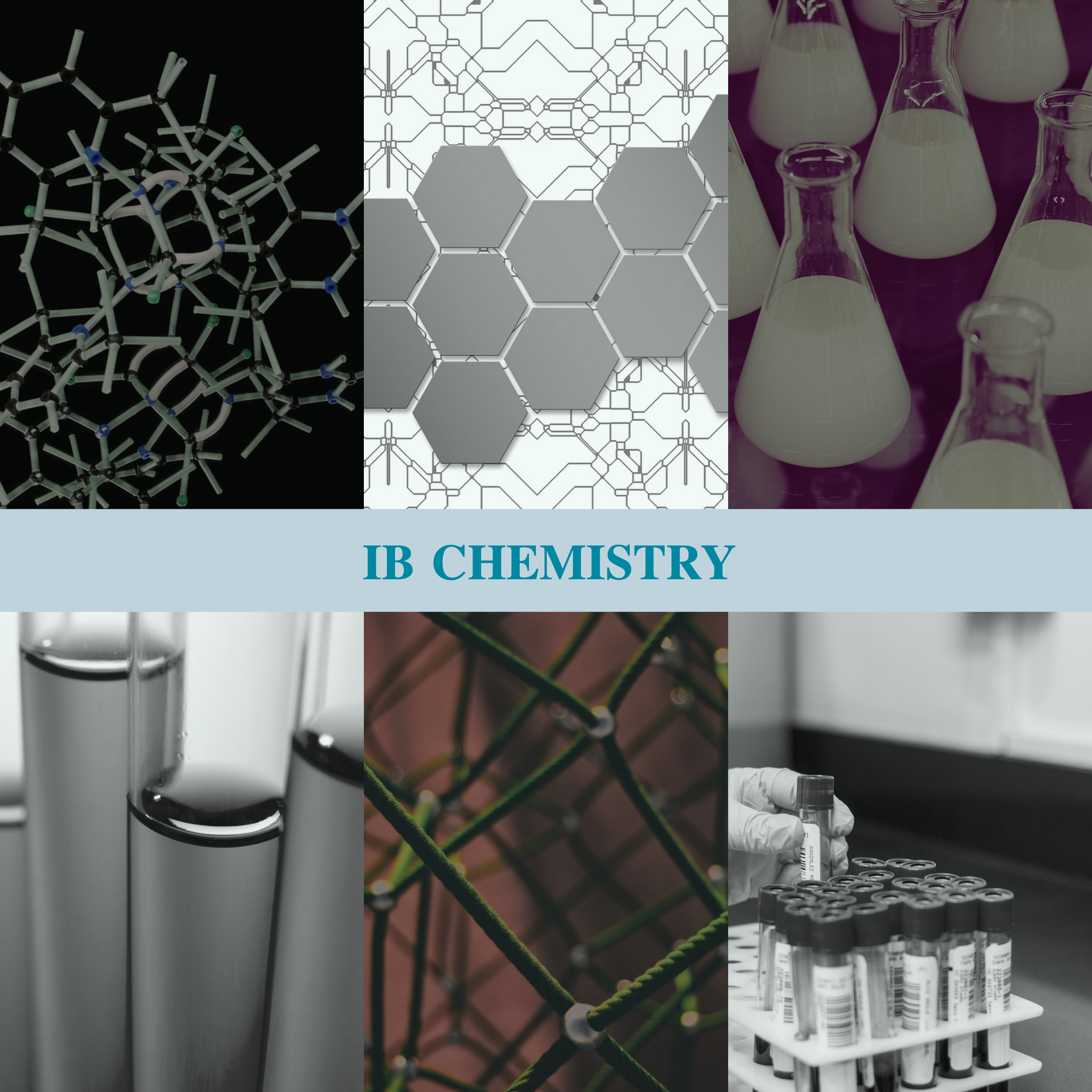 Home
Home  Note-Taking Style
Note-Taking Style  Studying Tips
Studying Tips  Useful Apps/Websites
Useful Apps/Websites  Picture Gallery
Picture Gallery  References
References  Mental Wellness
Mental Wellness
Tips for IB Chemistry Classes

 When writing lab reports, be sure to describe all steps, including arranging your supplies and taking safety precautions, so another person could replicate it exactly. Make conclusions based on what you already know; don’t make things up. If the experiment did not go as expected, think about reasons why the results were not the expected ones and how the experiment could be improved. Think up realistic improvements--ask, “How could I do this using more effective lab supplies or methods?”
When writing lab reports, be sure to describe all steps, including arranging your supplies and taking safety precautions, so another person could replicate it exactly. Make conclusions based on what you already know; don’t make things up. If the experiment did not go as expected, think about reasons why the results were not the expected ones and how the experiment could be improved. Think up realistic improvements--ask, “How could I do this using more effective lab supplies or methods?”
 Correlation does not equal causation: just because two things are happening at the same time does not mean that one is causing the other.
Correlation does not equal causation: just because two things are happening at the same time does not mean that one is causing the other.
 Results of a study or experiment do not “prove,” anything, they merely “suggest” something.
Results of a study or experiment do not “prove,” anything, they merely “suggest” something.
 If you choose to listen to music to block out distractions, choose an instrumental track or classical music so the music itself is not particularly distracting.
If you choose to listen to music to block out distractions, choose an instrumental track or classical music so the music itself is not particularly distracting.
 Use any study resources that your teacher gives you for standardized tests or other finals.
Use any study resources that your teacher gives you for standardized tests or other finals.
 When performing labs, be sure to follow all safety instructions. Safety is no joke, particularly in advanced high school classes (AP/IB) in which toxic chemicals are commonly used.
When performing labs, be sure to follow all safety instructions. Safety is no joke, particularly in advanced high school classes (AP/IB) in which toxic chemicals are commonly used.
 Always use pencil and graph paper when drawing graphs. Using a ruler does not hurt either!
Always use pencil and graph paper when drawing graphs. Using a ruler does not hurt either!
 Science is a topic that often takes a few exposures to one topic to understand. If your teacher provides any supplemental resources, such as articles or videos, be sure to look at them even if they are not part of a graded assignment.
Science is a topic that often takes a few exposures to one topic to understand. If your teacher provides any supplemental resources, such as articles or videos, be sure to look at them even if they are not part of a graded assignment.
 Create mnemonics in order to remember periodic trends, element names, and other important facts in chemistry.
Create mnemonics in order to remember periodic trends, element names, and other important facts in chemistry.
 If you have trouble understanding organic chemistry, make sure to focus on naming and reaction mechanisms, two of the most important concepts.
If you have trouble understanding organic chemistry, make sure to focus on naming and reaction mechanisms, two of the most important concepts.
 You will not need to draw very much in chemistry, but you may need to draw diagrams for lab reports. Be sure to focus on the most important parts of the picture that relate to your results and draw as accurately as possible.
You will not need to draw very much in chemistry, but you may need to draw diagrams for lab reports. Be sure to focus on the most important parts of the picture that relate to your results and draw as accurately as possible.
 Use practice problems in the textbook when studying the math topics you will encounter in chemistry, such as stoichiometry and gas laws.
Use practice problems in the textbook when studying the math topics you will encounter in chemistry, such as stoichiometry and gas laws.
 You will need to do an Internal Assessment (IA) in which you design and perform a teacher-approved experiment of your choosing. Choose a topic that you are passionate about and know enough about to do a thorough explanation. Also, be sure that you use proper grammar throughout and have good structure and writing skills.
You will need to do an Internal Assessment (IA) in which you design and perform a teacher-approved experiment of your choosing. Choose a topic that you are passionate about and know enough about to do a thorough explanation. Also, be sure that you use proper grammar throughout and have good structure and writing skills.
